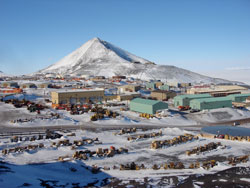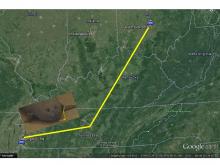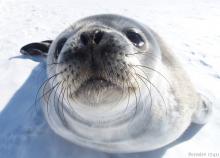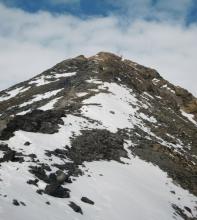Update
Alex also made a website! Check it out at AntarcticaRevisited.com where she included all sorts of activities for this expedition.
What Are They Doing?

This data was collected and analyzed in an attempt to learn more about what drives the timing of a seal's critical life history events – such as breeding and molting – and how disruptions in that natural cycle by changes in climate and environment might affect the world's southernmost mammal.
Where Are They?

Latest Journals

Dr. Jennifer Burns' research focuses on understanding how the age and physiological status of juvenile marine mammals influences their diving and foraging capacities, and on how differences in rates of physiological development impact life history traits. Burns currently has an active research program focused on understanding whether the rate and extent of neonatal physiological development is closely correlated with the onset of independent foraging. In her research, Burns uses a wide variety of analytical tools including computerized dive recorders, satellite telemetry and GIS techniques, as well as several more hands-on techniques such as measuring heart rate and respiration patterns, energy use, and animal condition and health status.

Dr. Ward Testa is a Wildlife Biologist for the Alaska Ecosystems Program at the National Marine Mammal Laboratory (NMML), a part of NOAA's Alaska Fisheries Science Center (AFSC) within the National Marine Fisheries Service (NFMS) in Seattle. Through a co-operative arrangement with the University of Alaska, Testa is located in the Department of Biological Sciences on the campus of the University of Alaska Anchorage. In addition to his research duties for NMML, he is an affiliate faculty at UAA and teaches a graduate course in Wildlife Population Dynamics. Ward will not be in the field during summer 2015-2016





